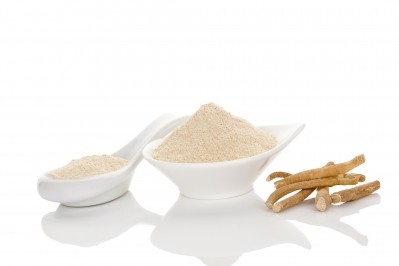Flavonols may slow age-related memory decline: Study

Analysis of data from 961 people with an average age of 81 without dementia revealed that the memories of people with highest average intakes of flavonols (15 mg per day) declined at a rate of 0.4 units per decade more slowly than people whose had the lowest intake (5 mg per day).
In addition, individual flavonols kaempferol, quercetin, and myricetin were also linked to slower memory declines, reported scientists from Rush University Medical Center in Chicago in Neurology, the medical journal of the American Academy of Neurology.
“It’s exciting that our study shows making specific diet choices may lead to a slower rate of cognitive decline,” said study author Thomas Holland, MD, MS of Rush University Medical Center in Chicago. “Something as simple as eating more fruits and vegetables and drinking more tea is an easy way for people to take an active role in maintaining their brain health.”
Study details
The 961 participants filled out a questionnaire each year for an average of 6.9 years, and their cognitive performance was assessed every year with a battery of 19 standardised tests. The people were then divided into five groups or quintiles, based on their dietary flavonol intake.
The data showed that, while the average amount of flavonol intake in US adults is about 16 to 20 milligrams (mg) per day, the study population had an average dietary intake of total flavonols of approximately 10 mg per day.
Crunching the numbers showed that the global cognitive score of people who had the highest intake of flavonols declined at a rate of 0.4 units per decade more slowly than people whose had the lowest intake.
Protective associations were also observed for episodic memory, semantic memory, perceptual speed, and working memory, said the researchers. These associations were probably due to the inherent antioxidant and anti-inflammatory properties of flavonols, they said.
The researchers also dissected the data for specific flavonols, including kaempferol (found in kale, beans, tea, spinach, and broccoli), quercetin (found in tomatoes, kale, apples, and tea), myricetin (tea, wine, kale, oranges, and tomatoes), and isorhamnetin (found in pears, olive oil, wine, and tomato sauce).
The highest intake of kaempferol was associated with a 0.4 units per decade slower rate of cognitive decline compared to the lowest intakes. For quercetin, the highest intakes were associated with a 0.2 units per decade slower rate of cognitive decline compared to the lowest intakes.
On the other hand, dietary myricetin and isorhamnetin were not associated with global cognition scores.
“Results suggest dietary intakes of total flavonols and several flavonol constituents may be associated with slower decline in global cognition and multiple cognitive abilities with older age,” they concluded.
The study was supported by the National Institutes of Health, National Institute on Aging, and USDA Agricultural Research Service.
Source: Neurology
Published online, doi: 10.1212/WNL.0000000000201541
“Association of Dietary Intake of Flavonols With Changes in Global Cognition and Several Cognitive Abilities”
Authors: T.M. Holland, et al.















